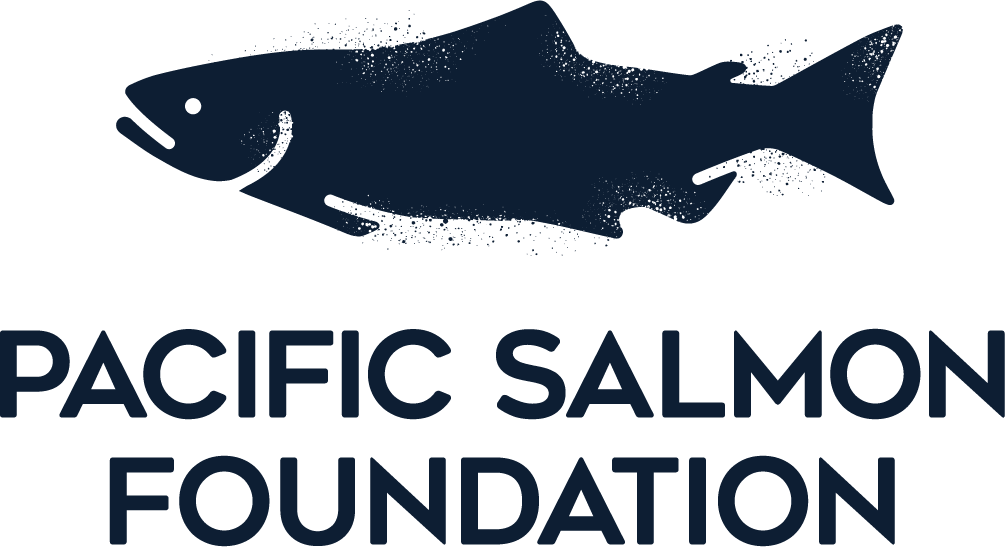An Energy Budget for Individual Barnacles (Balanus glandula)
An annual energy budget was constructed for individual adult barnacles (Balanus glandula Darwin) for the first year after settlement. The production of body tissue, egg, shell, aquatic and aerial respiration, molting and faecal production was determined and consumption was derived from the summation of these budget items. To provide an estimation of the accuracy of the budget equation, energy budgets were constructed for three small groups of barnacles (n = 40) kept under laboratory conditions, in which the budget items, including consumption, were determined independently.
Simple
- Date (Publication)
- 1978
- Cited responsible party
-
Organisation name Individual name Electronic mail address Role DFO
Colin Levings
Principal investigator R.S.S. Wu
Principal investigator
- Presentation form
- Digital document
- Other citation details
-
878 kb
- Purpose
-
Barnacles are one of the universal species on the rocky shore in temperate waters. With such a large number and biomass, the barnacles may channel a large amount of energy from the pelagic environment into the littoral community and play an important role in the food web dynamics of littoral systems. The present study investigated the energy budget of Balanus glandula during the first year after settlement.
- Status
- Completed
- Point of contact
-
Organisation name Individual name Electronic mail address Role DFO
Colin Levings
Point of contact
- Maintenance and update frequency
- Not planned
-
Global Change Master Directory (GCMD) Science Keywords v15.9
-
-
Earth Science > Biological Classification > Animals/Invertebrates > Arthropods > Crustaceans > Barnacles
-
-
DFO Areas
-
-
North Pacific Ocean
-
- Language
-
English
- Character set
- UTF8
- Topic category
-
- Biota
))
- Begin
- 1975-03
- End
- 1976-08
- Supplemental Information
-
An annual energy budget was constructed for individual adult barnacles (Balanus glandula Darwin) for the first year after settlement. The production of body tissue, egg, shell, aquatic and aerial respiration, molting and faecal production was determined and consumption was derived from the summation of these budget items. To provide an estimation of the accuracy of the budget equation, energy budgets were constructed for three small groups of barnacles (n = 40) kept under laboratory conditions, in which the budget items, including consumption, were determined independently. The results of the laboratory energy budgets indicated that consumption
values derived from the summation methods for the three groups of barnacles were 7.4% higher and 16.2 and 15.6% lower than those determined by actual feeding experiments. The average consumption, assimilation and production of individual barnacles were estimated to be 699.5, 647.3 and 159.6 cal year-I, respectively. B. glandula has exceptionally high assimilation efficiency (92.5% from the annual budget and 99.3% from the laboratory budgets) but a low gross production efficiency (22.8%) and net production efficiency (24.7%). A very large proportion of energy (67.4%) was lost in respiration. The second most important budget item was egg production (12.3%); followed in decreasing order by: shell production (6.6%)>
Production of body tissue (3.9%)>molting (2.3%).
- Distribution format
-
Name Version electronic
none
- Distributor contact
-
Organisation name Individual name Electronic mail address Role Pacific Salmon Foundation
Isobel Pearsall
Distributor
- OnLine resource
-
Protocol Linkage Name WWW:LINK-1.0-http--link
https://www.dfo-mpo.gc.ca/science/data-donnees/index-eng.html DFO Science website
WWW:DOWNLOAD-1.0-http--download https://soggy2.zoology.ubc.ca/geonetwork/srv/api/records/76ab3125-0724-4638-b049-f0e95fb9d6af/attachments/76ab3125-0724-4638-b049-f0e95fb9d6af.pdf An Energy Budget for Individual Barnacles (Balanus glandula)*
WWW:DOWNLOAD-1.0-http--download https://soggy2.zoology.ubc.ca/geonetwork/srv/api/records/76ab3125-0724-4638-b049-f0e95fb9d6af/attachments/76ab3125-0724-4638-b049-f0e95fb9d6af.xlsx Tables
- OnLine resource
-
Protocol Linkage Name DOI
https://doi.org/10.48689/76ab3125-0724-4638-b049-f0e95fb9d6af Digital Object Identifier (DOI)
- Hierarchy level
- Dataset
- Statement
-
Levings produced paper copy. Fraser scanned with Fujitsu Scansnap s1500 (ABBY Finereader OCR software). Data was extracted through Adobe Reader conversion and manual entry into MS Excel.
Metadata
- File identifier
- 76ab3125-0724-4638-b049-f0e95fb9d6af XML
- Metadata language
-
eng
- Character set
- UTF8
- Hierarchy level
- Dataset
- Date stamp
- 2023-12-19T00:24:35.675Z
- Metadata standard name
-
North American Profile of ISO19115:2003 - Geographic information - Metadata
- Metadata standard version
-
NAP - CAN/CGSB-171.100-2009
- Metadata author
-
Organisation name Individual name Electronic mail address Role Pacific Salmon Foundation
Sarah Fraser
Author
- Other language
-
Language Character encoding French UTF8 English UTF8
Overviews

Spatial extent
))
Provided by
